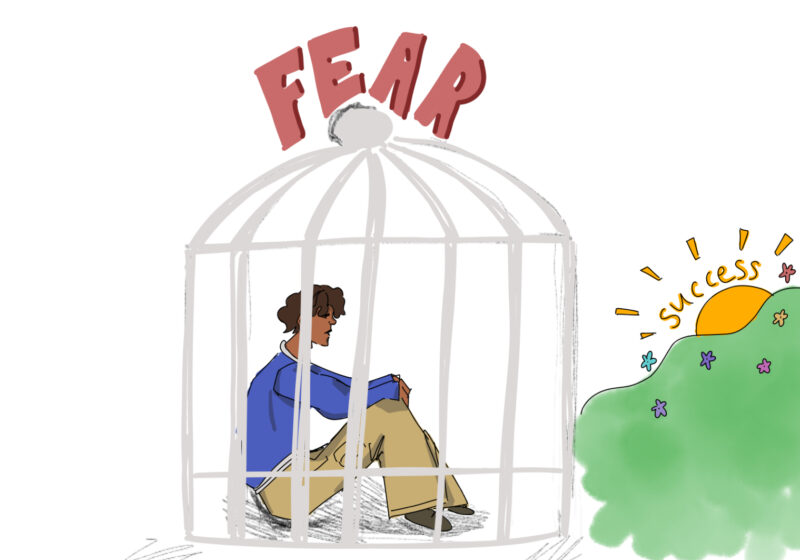If you’ve had a class in any one of the University’s large lecture halls, there’s a good chance that you’ve encountered one of the most universal and persistent technological problems on campus — microphone failure. A microphone on the fritz can become anything from a slight nuisance to major class disruption, but either way, they’re an important enough piece of campus technology to warrant more attention.
In many cases, a microphone will either cut out completely near the beginning of class or worse, the professor will fail to turn it on in the first place. In less extreme instances, the microphone can be on, but it seems to be amplifying all the wrong sounds, such as “Ps” and “Bs” at the beginnings of words, while the rest of the speech remains completely inaudible. The resulting sound is essentially that of two bears fighting, which really doesn’t help to make the professor’s message any more clear.
Oftentimes, professors will try to fix these microphone problems at the beginning of class. This takes time out of a lesson that was probably calculated to fit exactly in the alloted 50 or 75 minutes. The strain from this can either fall on the professors, because they have to adjust their lesson plans, or on the students, if the professors decide that they’re not going to change the class material. What’s worse, if these microphone malfunctions become a recurring issue, the wasted time at the beginning of class does too.
Even if the professor doesn’t try to fix the problem on his or her own, a call to ITS is in order to get the problem resolved — no matter what, valuable class time is lost.
There are many factors that could be at play here. Perhaps the microphones themselves are at fault. Alternatively, the media control systems in the halls could be the culprit. Or maybe this isn’t really a technological issue at all — perhaps professors simply haven’t received the training necessary to properly use the microphones and systems in the various lecture halls. One thing is for certain: the University should devote some resources to finding out exactly what the problem is, and subsequently toward resolving it.






